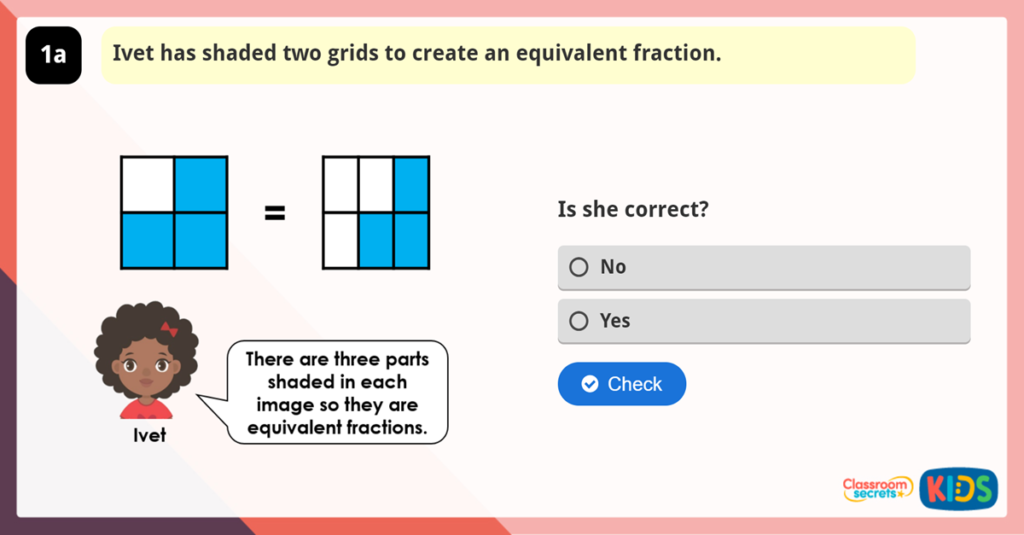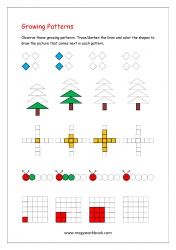

In Maze 100, the challenge is to find a route through the grid so that the cumulative total of the numbers we have passed through is 100. Further reasoning helps us take into account the contexts and therefore prompts us to interpret our solutions and tweak them. 4 remainder 8 buses? 6.17 boxes? Reasoning tells us that these are meaningless answers. In each case, a division calculation is necessary but we will need to make sense of the answer we obtain. Have a go at the two questions below:ĥ6 children are going to a football match. Having come to a solution, it is valuable to reflect on whether the answer is 'sensible' in the context of the problem.
#Reasoning questions for kids trial#
If the situation feels very unfamiliar then trial and improvement might be chosen as a 'way in'. The reasoning involved in selecting a problem-solving skill (whether conscious or unconscious) might draw on past experience ("I've seen something like this before and I remember I did this. One solution we received, from Anna, describes her method: This time, the hundred square is presented as a coded jigsaw and the idea is to complete it. Sticking with the hundred square theme, Coded Hundred Square is an example of a task which can be solved in a number of different ways. When there are different strategies to solve a problem Once we have used reasoning to select a starting point and have therefore placed at least one number, our reasoning might make use of the number/s already in position, drawing on our knowledge of patterns and relationships in the hundred square.Ĥ.

Up at random and slot them in to save time hunting for a particular one. Drawing on prior knowledge, perhaps we would select some 'benchmarks', for example we might put in all the numbers ending in zero first, or choose to position one number from each row first, or place 0 or 1 or 99 or 100? Alternatively, we might simply pick numbers In this case, there is not one single, obvious starting point and so reasoning is required before we even begin the task. The challenge is to find a quick way of putting back all the numbers. The blank square remains on the wall with a heap of numbers on the floor. In That Number Square!, a hundred square has fallen down. When a range of starting points is possible For example, we received the following from Luke who describes his logic when finding out what is on the back of 23:ģ. A solution might involve a chain of statements, which follow on from one another. This activity demands logical thinking in order to convince ourselves (and others) which number is behind the given number. The idea is to find out what number is on the back of various chosen In this activity, a hundred square has been printed on both sides of a piece of paper with one square directly behind the other. If you are not familiar with it, have a go at the Hundred Square challenge. The reasoning involved is complex and unique to the individual, as each of us has a different mix of past mathematical experiences.
#Reasoning questions for kids how to#
When faced with a mathematical challenge, reasoning helps us to make use of relevant prior knowledge such as how to tackle this 'type' of problem or a particular calculation method that could prove useful. The article Reasoning: The Journey from Novice to Expert explores question 3 in depth.ġ. It also helps us to begin to think about how we could support children toĭevelop their reasoning skills (question 3) once we have ascertained where these are needed and what they might look like. We outline eight contexts in which we believe reasoning is required, using tasks from the NRICH site to illustrate each. This helps to highlight how reasoning is the 'glue' that helps mathematics make sense. In this article, we discuss the first of these questions in depth and this leads to consideration of the second.



 0 kommentar(er)
0 kommentar(er)
